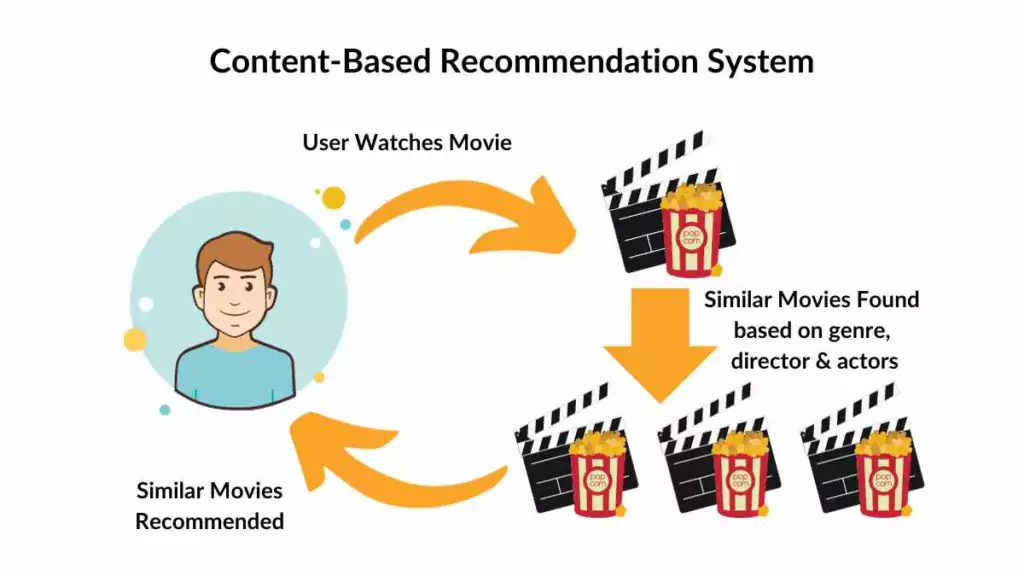Content Recommendation Engine Market Forecast, Innovations & Trends | 2035

A strategic analysis of the players and their positioning is essential for understanding the Content Recommendation Engine Competitive Landscape. This landscape is a fascinating and multi-layered arena where different types of companies, from the world's largest technology platforms to specialized SaaS startups, compete for the business of personalizing the internet. At the highest level, the landscape is profoundly influenced by the "in-house" giants: Google (YouTube), Meta (Facebook/Instagram), Amazon, Netflix, and ByteDance (TikTok). These companies have built some of the most sophisticated and powerful recommendation engines on the planet to power their own multi-billion-dollar businesses. While they do not typically sell these core engines as a direct product, their influence is immense. They drive user expectations for what a good recommendation experience should be, and they are the primary source of R&D and talent for the entire field. Some, like Amazon with AWS Personalize, have begun to externalize their technology, turning their internal capability into a competitive commercial offering. The Content Recommendation Engine Market size is projected to grow USD 103.4 Billion by 2035, exhibiting a CAGR of 25.42% during the forecast period 2025-2035. The shadow of these giants looms large over the entire competitive landscape.
The most direct and visible segment of the competitive landscape is the market for third-party recommendation engine providers. This is a highly diverse and competitive space. It includes well-established players like Outbrain and Taboola, who have a long history and a dominant position in the "content discovery" niche, primarily serving online news publishers by recommending sponsored and organic content. Their competitive strategy is built on their massive network of publisher relationships and their sophisticated ad-tech platform. Competing with them is a new generation of more modern, API-first SaaS providers. These companies offer a more general-purpose and often more technically advanced recommendation engine that can be used by a wider range of businesses, from e-commerce to media and travel. Their competitive advantage lies in their flexibility, their ease of integration, and often their more transparent and customizable algorithmic approach. This segment is characterized by intense competition on the basis of algorithmic performance, ease of use, and the quality of the analytics and A/B testing tools provided.
Looking to the future, the competitive landscape will be increasingly defined by the ability of a provider to offer a solution that is both powerful and responsible. The technical "arms race" to build the most accurate predictive models will continue, with deep learning and generative AI becoming key battlegrounds. However, this will be increasingly balanced by the need to address the ethical challenges of algorithmic curation. The vendors who will win in the long run will be those who can provide their clients with not just a powerful "black box," but with a transparent and controllable platform. This means providing tools for algorithmic explainability, bias detection, and granular user controls. Furthermore, as the market matures, specialization will become a key competitive strategy. We will see the rise of providers who focus on solving the unique recommendation challenges of a specific industry vertical, such as B2B commerce or financial services, where they can build a competitive advantage through deep domain expertise and industry-specific data models. The future of the competitive landscape will belong to those who can master this complex interplay of AI power, ethical responsibility, and strategic focus.
Top Trending Reports -
- Art
- Causes
- Crafts
- Dance
- Drinks
- Film
- Fitness
- Food
- Jeux
- Gardening
- Health
- Domicile
- Literature
- Music
- Networking
- Autre
- Party
- Religion
- Shopping
- Sports
- Theater
- Wellness
